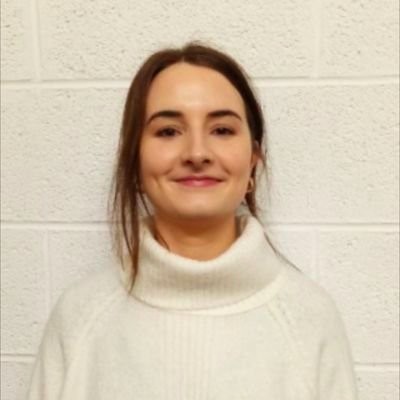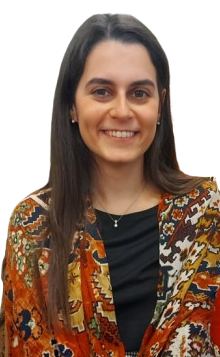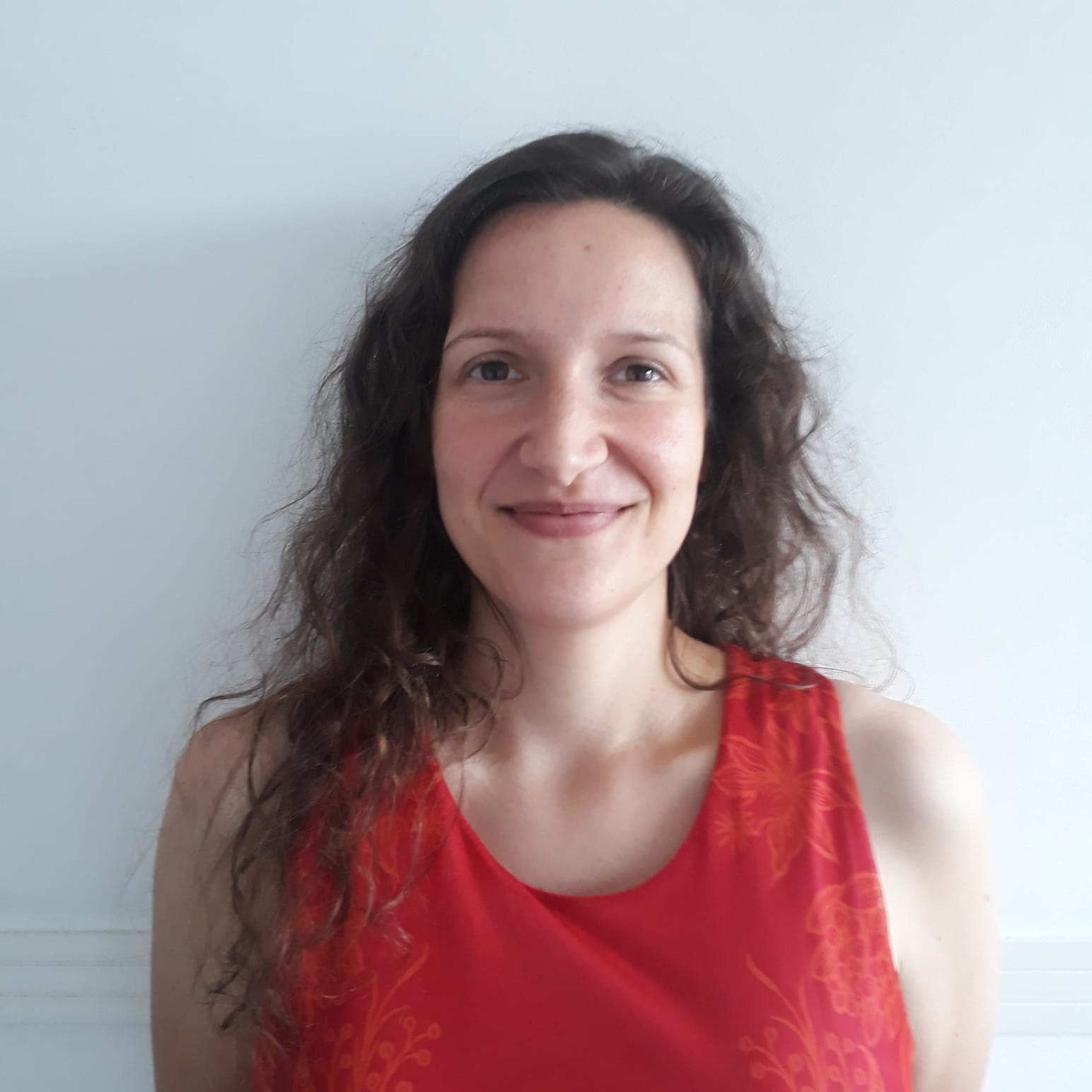Sarah McDonagh

Sarah McDonagh is a researcher, specialising in media accessibility, cultural heritage, and sustainability. Her research interests include digital heritage, particularly contested heritage, and the intersections between sustainability and accessibility.
Sarah has been involved in several national and European projects (Accessibility, Culture, and Training project and Prisons Memory Archive. Additionally, Sarah has been part of the H2020 GreenSCENT (Green Citizen Engagement for a Green Future) project, where she collaborated with an international team to engage people with environmental issues in their local communities through the development of accessible apps, digital platforms and educational resources. She has published in international journals (Journal of Specialised Translation and Universal Access in the Information Society) and recently edited a book with Routledge on the European Green Deal in Education. Sarah is currently involved in two AI projects: ALFIE, which aims to improve the EU’s understanding of AI through expert collaboration and the development of an accessible AI tool, and MOSAIC, which seeks to create a multilingual, AI-driven platform for European media content. She is also a member of the Clear Climate network and a collaborator in the ENACT project. She has also contributed technical reports on accessibility and sustainability as a member of the Study Group on Accessibility and Inclusion in the ITU Metaverse Focus Group.
Aida Villaécija

Aida Villaécija is a linguist and a translator, specializing in Sign Linguistics. She holds a PhD in Translation and Language Sciences from Pompeu Fabra University (2023). Aida’s main research interests are in corpus development and accessibility, as well as morphology, in both spoken and sign languages.
Since 2019, she has been collaborating with the Institut d’Estudis Catalans (IEC) on the creation of the first reference corpus and the lexical database of Catalan Sign Language(LSC). She has also been involved in several projects related to Catalan Sign Language, such as Microdiachrony in Endangered Languages across Modalities or the Sign-Hub Project.
Currently, she is a postdoctoral researcher involved in the WEL project, working to provide oral texts in Easy Language in cultural visits and video games.
Maria Montroy Ferré

Maria Montroy is a translator and holds a PhD in Applied Languages, Literature and Translation from the Universitat Jaume I. She has been a member of the TRAMA research group for three years, where she continues to collaborate, although in 2025 she formally joins Transmedia Catalonia and becomes part of the European project IMMERSE – Language learning for foreign students via 3D objects.
Her main research interests include minoritised languages, human development, culture and development, and audiovisual translation as a tool to work on these aspects. Some of her initiatives have been adopted by an NGO in São Tomé and Príncipe to promote intergenerational language transmission and the integration of elderly people at risk of exclusion through audiovisual translation workshops.
She has researched with the CiTrans group at the University of Valencia and the UNESCO World Language Heritage Chair at UPV/EHU. She combines her research activities at TMC with teaching various subjects in the Translation and Interpreting degree course at UJI.
Aikaterini Tsaousi

Aikaterini (Katerina) Tsaousi is an audiovisual translator and linguist specializing in media accessibility. Her PhD, funded by an FI grant from the Catalan Government and carried out in the Department of Translation and Interpreting and East Asian Studies at the Universitat Autònoma de Barcelona, focuses on the transmission of sound effects for deaf audiences.
In addition to collaborating with various academic institutions as a tutor, she has extensive professional experience in the field as a translator, project manager, and consultant. She is currently working as a postdoctoral researcher on the EU-funded InclusiVRity project, which aims to apply virtual reality technologies in secondary schools to promote access and learning for neurodiverse students. She is also a member of the Transmedia Catalonia research group.
Her academic interests mainly focus on learning and access to information for groups with sensory and cognitive functional diversity.
aikaterini.tsaousi@uab.cat